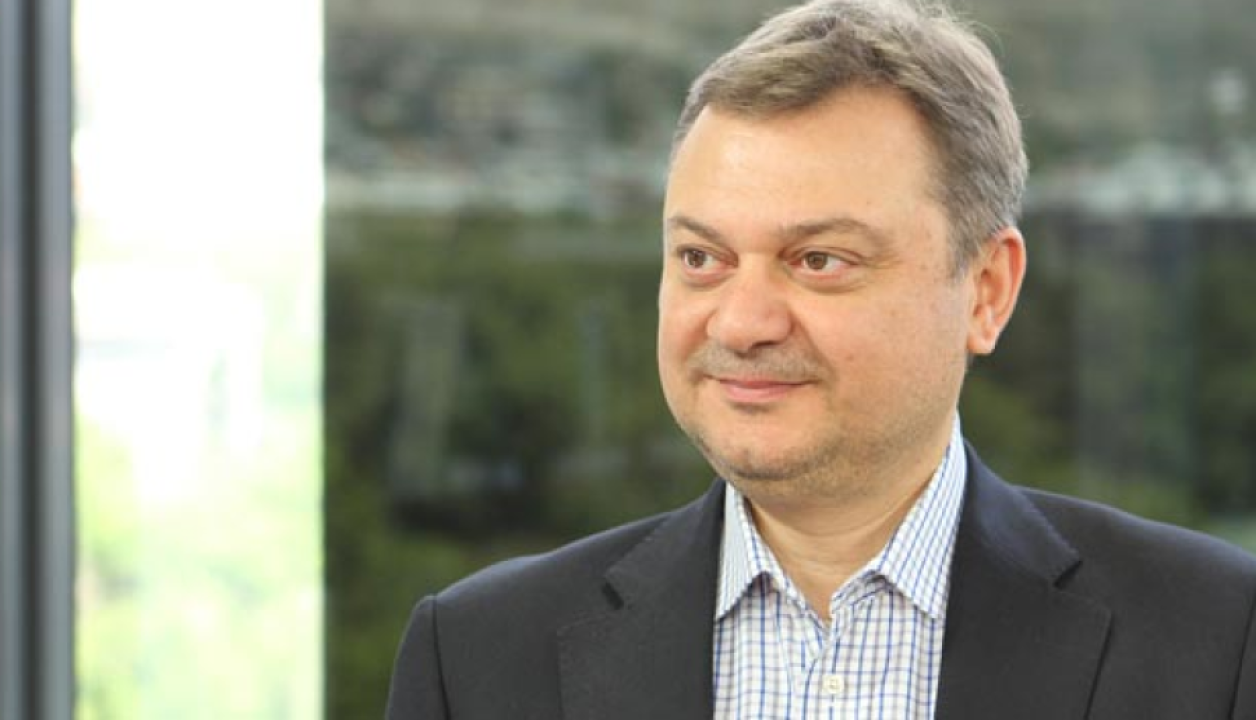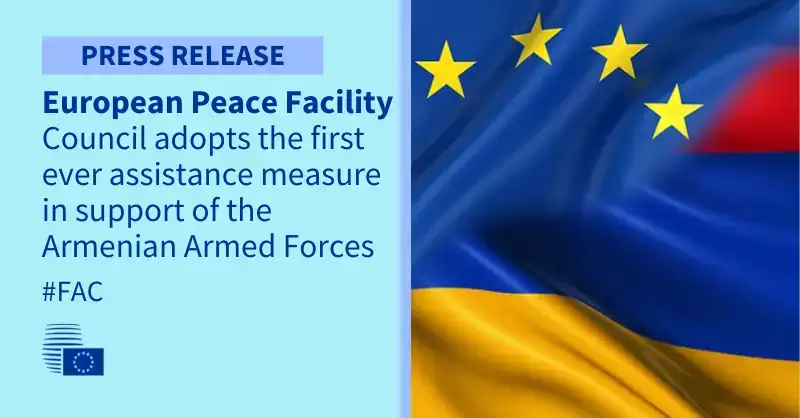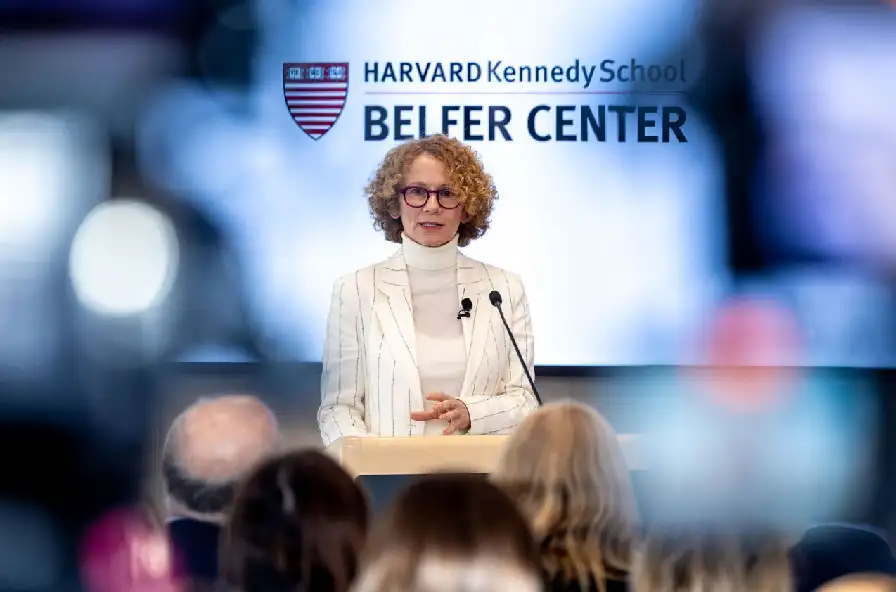Radar Armenia's interlocutor is Shahan Gantaharyan, an international scholar.
- The French Foreign Minister is in the region. Baku-Yerevan-Tbilisi. What is the political significance of this sequence, and how important is the visit of the French Foreign Minister?
- Yes, you have noticed correctly. the sequence has political significance. The OSCE Chairman-in-Office made the regional visit in the sequence of Tbilisi-Baku-Yerevan. After Baku, Yerevan is coming, and this means that they want to know the conditions in Baku first. Baku is the besieger, it is shooting and it has set up a checkpoint. First of all, they want to know what price Baku demands for the lifting of the blockade. The visit of the French Foreign Minister fits into the context of the collective West's policy in the region to compete with the Russian Federation in terms of mediation and guarantee.
- Aliyev stated that Armenia does not allow to have a corridor with Nakhichevan. Speaking about this, what does Aliyev expect from the French side?
- Not only from the French side, but also in general, Baku has now set a task to speed up the construction of the Nakhichevan-Azerbaijan land bridge. I think that the blockade and the checkpoint, even more so, the ceasefire violations, are pressure to implement the construction of that bridge.
- In this context, I would like to refer to the statement of the French official that the two countries should recognize each other's territorial integrity.
- The call for mutual recognition of territorial integrity is universal. But she also made a very direct statement, condemning Azerbaijan for not fulfilling the decision of the international court and for setting up a unilateral checkpoint. In this regard, the Armenian media should have focused its spotlight on the statements addressed to France. The mutual recognition of territorial integrity is part of the Prague Declaration. France was also involved in the Brussels process, and in that sense, the French diplomat is consistent. But the most important message conveyed by the French Foreign Minister was this: "We want negotiations to begin between Nagorno-Karabakh and Azerbaijan on the content of the population's rights and guarantees with the support of the international community." Bypassing or ousting Moscow is the main motive herethethe
- In the near future, the meeting of the foreign ministers of Armenia and Azerbaijan will take place on the territory of Russia. What are your expectations? With this step, didn't Russia go ahead of the West, particularly the USA?
-Yes, at this competitive stage, Moscow is taking a step. but there was a preparation for it in Moscow, in the format of the Mirzoyan-Lavrov meeting, after which a softening of the rhetoric on the bilateral level was noted. Official Moscow announced two days ago that they are working to resolve the issues, and Yerevan is expected to contribute to mutually acceptable solutions. The blockader, the one-sided checkpoint, the one emphasizing the ceasefire or, in general, the one violating the November agreements, is Azerbaijan, and mutually acceptable solutions are expected from Yerevan. I think this is a message that a transition is being made to the preliminary phase of the 9th point of the November 9 ceasefire announcement. Baku demands the 9th instead of the 6th.
- Erdogan's health condition is not good. In case of his departure, what political rearrangements can take place?
- It is difficult to predict whether Erdogan will leave or stay. The results of the polls are mixed. There will be reshuffles regardless of the results. After the earthquake, Turkey found itself in the most difficult economic conditions, and this may lead to a deepening of dependence on the USA, which will lead to certain changes, especially in the direction of foreign policy.
- After all this, how do you assess Erdogan's chances of re-election, or is it possible to postpone the elections?
- I don't think they will be postponed. Ankara is trying to convince the world that Erdogan continues his work usually.
- As a result of the elections in Turkey, are new rearrangements expected?
- There is already a change in the Moscow-Ankara rapprochement relations. Ankara lifted the veto on Finland's NATO membership, it was forbidden to send Western goods to Moscow via Turkey. In the Middle East, Damascus speaks with Ankara in a strict tone. There will definitely be realignments with Turkey's internal and external vectors. And this regardless of the election results. It is clear that Moscow wants Erdogan to stay. Washington's task is not so simple. It is clear that the US influence on Ankara is becoming visible.
Hayk Magoyan




















